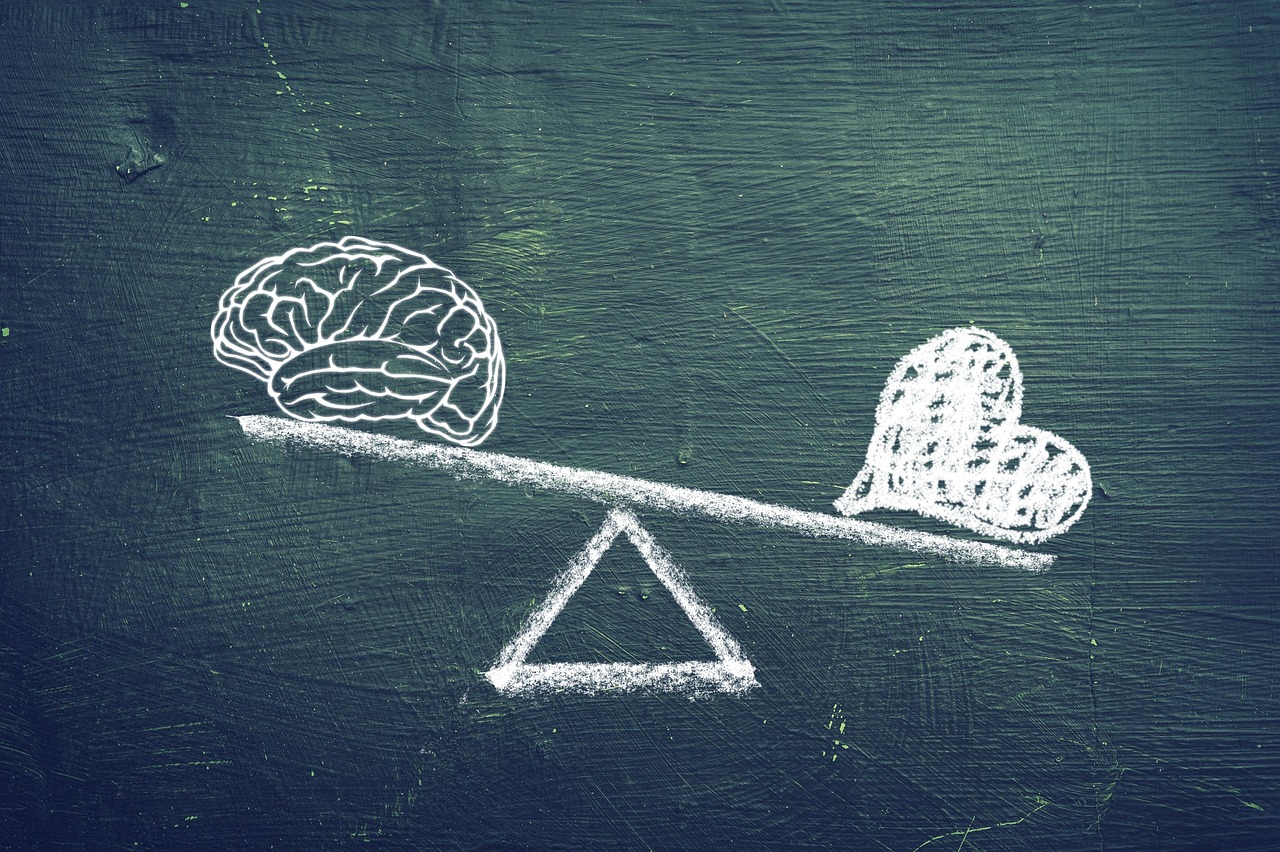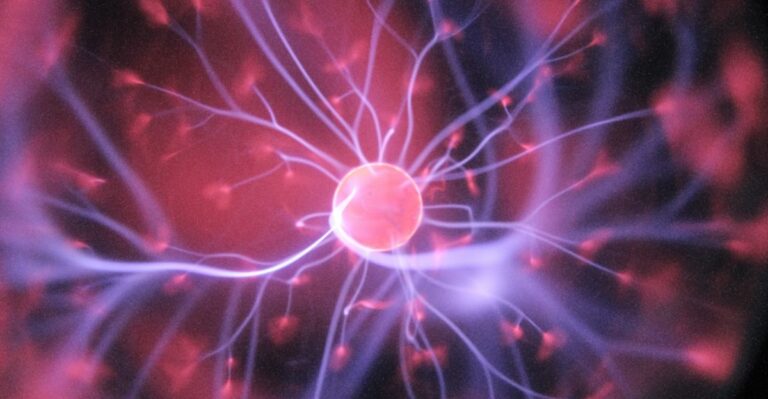Psychological Effects of Love: The Good, The Weird, and The Surprising
Psychological Effects of Love: The Good, The Weird, and The Surprising
Love isn’t just a warm, fuzzy feeling; it’s a powerhouse of psychological phenomena that shape human emotions, decisions, and even physical well-being in surprising ways. Scientific research has revealed that love impacts the brain like an addiction, alters perception, and even influences our immune system. Here are some intriguing and unusual effects of love on human life:
1. Love Changes Your Perception of Time
Have you ever noticed how time flies when you’re with someone you love but drags when you’re waiting for their response? This isn’t just poetic—it’s psychological. A study published in Frontiers in Psychology found that dopamine release in the brain distorts time perception. This means moments with a loved one feel fleeting, while anticipation makes seconds feel like hours.
2. Love Mimics Addiction
Love activates the brain’s reward system in ways eerily similar to drug addiction. According to research in the Journal of Neurophysiology, dopamine, oxytocin, and serotonin flood the system, creating euphoria and attachment. In fact, brain scans of people in love show activity in the same areas as those addicted to substances like cocaine. No wonder heartbreak can feel like withdrawal!
3. The “Love Hormone” Makes You Braver
Oxytocin, often called the “love hormone,” does more than strengthen bonding—it also reduces fear. Research from the University of Bonn found that increased oxytocin levels make individuals more willing to take risks for loved ones. In essence, love rewires the brain to prioritize emotional connections over self-preservation.
4. Love Can Lower Your Pain Perception
Feeling heartbroken? Ironically, love is also a natural painkiller. A Stanford University study found that looking at a photo of a loved one can reduce physical pain by up to 44%. The brain releases endorphins, natural pain relievers, in the presence of someone you love or even when thinking about them.
5. Romantic Love Can Change Your Personality
Falling in love can temporarily alter personality traits. A study in the Journal of Personality found that people in new relationships often become more agreeable, open, and extroverted. Psychologists believe this shift fosters compatibility and connection in early love stages.
6. Love Impacts Your Immune System
Love isn’t just good for the heart—it’s great for the immune system. Research published in Psychosomatic Medicine suggests that people in loving relationships have stronger immune responses. Holding hands with a loved one can even lower cortisol levels, reducing stress and boosting immunity.
7. The Proximity Effect Can Get Really Weird
The proximity effect explains why we’re more likely to fall for someone we see frequently. However, too much time together can cause the “sibling effect,” where romantic attraction diminishes because the brain starts perceiving the partner as family. This psychological mechanism evolved to prevent incest-like relationships.
8. Love Alters Your Pain Threshold
The brain’s reward system is so powerful in love that it increases pain tolerance. Studies from Stanford University found that dopamine-rich brain regions light up in response to a lover’s touch, blocking pain signals and acting as a natural anesthetic.
9. Love Changes Your Voice
This might sound odd, but when speaking to someone they’re romantically interested in, people unconsciously adjust their voice. A study in Evolution and Human Behavior found that men lower their pitch while women soften their tone to sound more attractive.
10. Love Enhances Creativity
Thinking about romantic love can boost creativity. Researchers from the University of Amsterdam found that participants brainstorming while thinking about love generated more abstract and innovative ideas than those focused on practical matters. Love truly is an inspiration!
Conclusion
From synchronizing heartbeats to altering your pain threshold, love is a fascinating blend of emotions, hormones, and neurological responses. Understanding these effects can deepen your appreciation for love’s power over the human brain.
Have you experienced any of these psychological effects? Share your thoughts in the comments below!
For more insights, explore The Psychology of Why We Love and Hurt.







